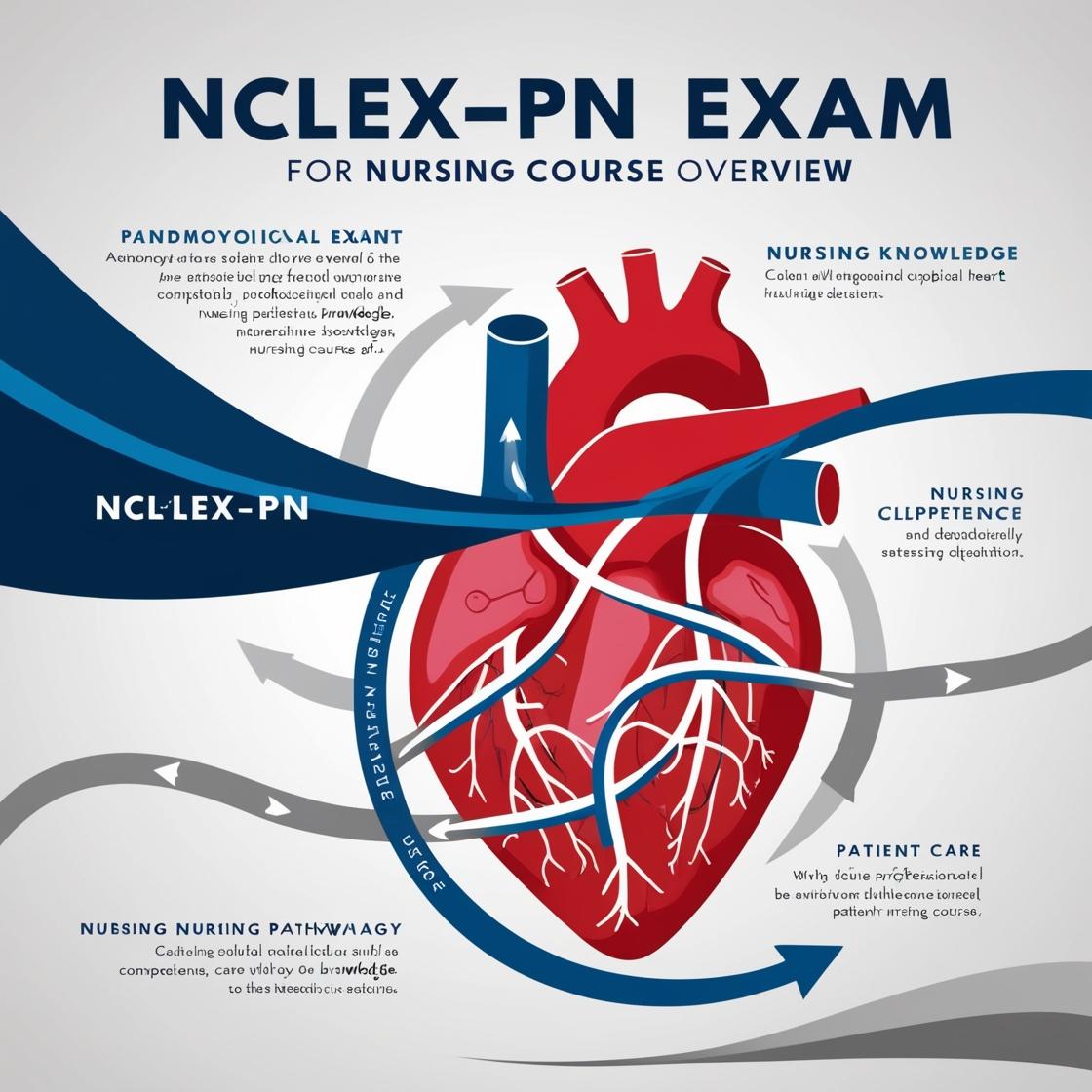NCLEX-PN
NCLEX PN Practice Questions Quizlet
1. A 35-year-old Latin-American client wishes to lose weight to reduce her chances of developing heart disease and diabetes. The client states, "I do not know how to make my diet work with the kind of foods that my family eats."? What should the nurse do first to help the client determine a suitable diet for disease prevention?
- A. Provide her with copies of the approved dietary guidelines from the American Diabetic Association and the American Heart Association.
- B. Ask the client to provide a list of the types of foods she eats to determine how to best meet her needs.
- C. Provide a high-protein diet plan for the client.
- D. Provide the client with information related to risk factors for heart disease and diabetes.
Correct answer: B
Rationale: The correct answer is to ask the client to provide a list of the types of foods she eats to determine how to best meet her needs. Assessment is the first step in helping the client establish a suitable diet for disease prevention. By understanding the client's current dietary habits, the nurse can tailor recommendations based on the approved dietary guidelines from the American Diabetic Association and the American Heart Association. Providing a high-protein diet plan without assessing the client's current diet may not align with her cultural preferences or health goals. While educating the client on risk factors for heart disease and diabetes is essential, it is not the initial step in developing a personalized dietary plan.
2. After undergoing gastric resection, which of the following meals is most likely to cause rapid emptying of the stomach?
- A. a high-protein meal
- B. a high-fat meal
- C. a large meal regardless of nutrient content
- D. a high-carbohydrate meal
Correct answer: D
Rationale: After gastric resection, meals high in carbohydrates are more likely to cause rapid emptying of the stomach. Carbohydrates stimulate the release of gastrin, which accelerates gastric emptying. In contrast, high-fat and high-protein meals tend to delay gastric emptying. While a large meal can slow down gastric emptying, the specific nutrient content, such as high carbohydrates, plays a significant role in promoting rapid emptying. Therefore, a high-carbohydrate meal is the correct choice as it is most likely to lead to rapid gastric emptying compared to the other options.
3. A healthcare professional is reviewing the health care record of a client who has just undergone an examination of the internal genitalia. Which documented finding indicates an abnormality?
- A. The cervix is pink.
- B. The cervix is midline.
- C. The cervix is about 1 inch in diameter.
- D. Clear secretions with a foul odor are noted on the cervix.
Correct answer: D
Rationale: The correct answer is 'Clear secretions with a foul odor are noted on the cervix.' Normally, the cervix is pink, midline, and about 1 inch in diameter. Depending on the day of the menstrual cycle, secretions may vary. However, they should always be odorless and nonirritating. Secretions with a foul odor are indicative of an infection, making this finding abnormal. Choices A, B, and C describe normal cervix characteristics, so they do not indicate an abnormality in this scenario.
4. Health promotion activities are designed to help clients:
- A. reduce the risk of illness
- B. maintain maximal function
- C. promote healthy habits related to healthcare
- D. all of the above
Correct answer: D
Rationale: Health promotion activities encompass a broad range of interventions aimed at enhancing overall well-being. These activities not only focus on reducing the risk of illness but also on maintaining maximal function and promoting healthy habits related to healthcare. Therefore, the correct answer is 'all of the above.' Choices A, B, and C are all integral components of health promotion strategies, emphasizing the multidimensional approach required to support clients in achieving optimal health outcomes.
5. A nurse is preparing to assess the function of a client's spinal accessory nerve. Which action does the nurse ask the client to take to aid assessment of this nerve?
- A. Smiling
- B. Clenching the teeth
- C. Shrugging the shoulders against the nurse's resistance
- D. Identifying by taste a substance placed on the back of the tongue
Correct answer: C
Rationale: To assess cranial nerve XI (spinal accessory nerve), the examiner checks the sternomastoid and trapezius muscles for equal size. Equal strength is assessed by asking the client to rotate the head forcibly against resistance applied to the side of the chin and by asking the client to shrug the shoulders against resistance. These movements should feel equally strong on the two sides. The client is asked to smile as a test of the function of cranial nerve VII (facial nerve). The client's ability to clench the teeth is used to assess the motor function of cranial nerve V (trigeminal nerve). The client's taste perception is used to assess the sensory function of cranial nerve IX (glossopharyngeal nerve). Therefore, the correct action to assess the spinal accessory nerve is to ask the client to shrug the shoulders against resistance. The other options are used to assess different cranial nerves, making them incorrect choices.
Similar Questions

Access More Features
NCLEX PN Basic
$69.99/ 30 days
- 5,000 Questions with answers
- Comprehensive NCLEX coverage
- 30 days access @ $69.99
NCLEX PN Premium
$149.99/ 90 days
- 5,000 Questions with answers
- Comprehensive NCLEX coverage
- 30 days access @ $149.99
